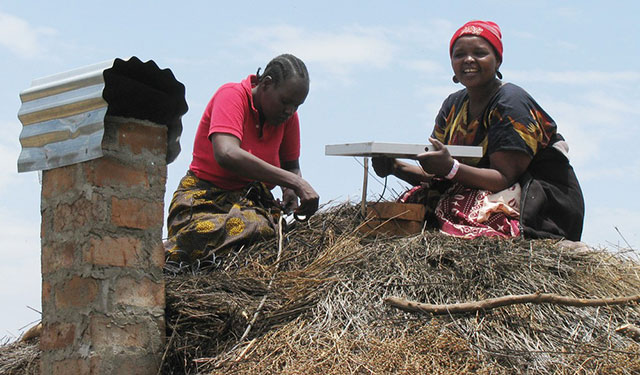A new solar power joint venture is expected to extend home power systems that can meet more than just lighting needs to 1.5 million homes in East Africa by 2020.
Tanzania-based Rex Solar and partner Solaric, a US-Bangladesh joint solar innovations company, announced the plan last week.
According to Francis Kibisha, the managing director of Rex Energy, the venture could also help create more than 2,500 jobs in the process.
Paul Kiwele, the principal energy officer under Tanzania’s ministry of energy and minerals, has stated that rural electrification was one of the top priorities of the government as it could transform the living conditions of the people.
East Africa in general has poor electrical connectivity. Only 20 percent of Tanzanians have access to power.
In Kenya only 23 percent enjoys the benefits of electrical connections, whereas in Rwanda only 11 percent have electrical connections at home.
In other words, the majority of people in the countries of this region still depend on costly, unhealthy forms of energy for cooking and lighting.
The Rex–Solaric venture will install systems that have seen success in countries such as Bangladesh, Myanmar, India and Malaysia in East Africa.
Solaric, which has devised the systems, says that its 3G solar home systems hold the promise of reduction in capital and operational costs.
Plus, the company says, the systems can provide 125V power — that is roughly 10 times more potential compared with their previously installed systems. The figure translates into providing not just lighting needs but also power to support operation of appliances such as laptops, fans and televisions.
Cash-strapped rural users are being given the option to upgrade their old systems, retaining batteries and PV panels. And the users are required to pay $100 for such upgrades.
That the company is allowing existing users the option to pay only a deposit upfront and the rest in easy installments spread over a year, is expected to make the systems more affordable.
Ajith Kumar S
editor@greentechlead.com

